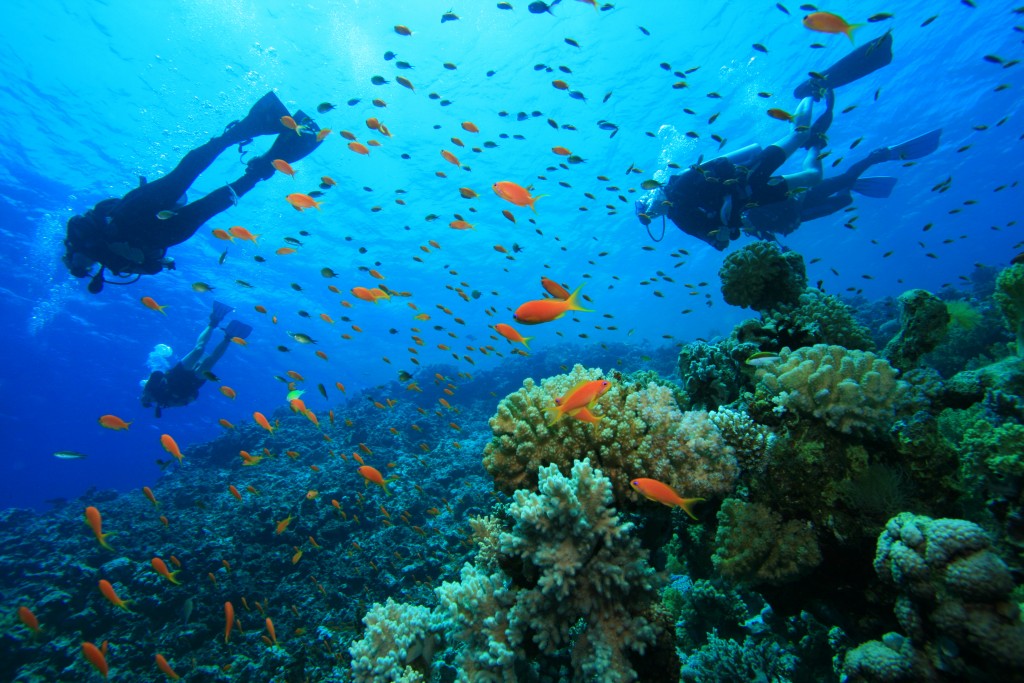Therapy sessions just got a bit more interesting as patients venture into Aussie waters for their physiotherapy sessions. Townsville has long been known as the jumping point to the Great Barrier Reef, but now it attracts a different kind of diver.
Your Body in Deep Water
While most forms of physiotherapy involve some form of water immersion (aquatic therapy or hydrotherapy), scuba diving takes it to the next level. Water currents stimulate the muscles. Full immersion guarantees every muscle is stimulated. However, the view from the depths takes away the feeling of exercising. An hour of diving passes by in an instant compare to the grueling times in monotonous therapy sessions.
Patients bored from the usual aquatherapy will find a dive or two quite refreshing. Walking on a treadmill while up to your neck in water inside a pool is soft on your joints. However, it can’t compare to the feeling of weightlessness in the ocean. Immersion in water also burns significant amounts of calories. An hour of diving burns as many calories as an hour of jogging or running (depending on the ocean currents).
Feelings of Empowerment
Scuba diving is particularly beneficial for people with acquired impairments. The act of diving brings with it feelings of freedom from impairment. In the water, physical disabilities or impairments are no hindrance to movement, reinforcing feelings of equality to their counterparts. Diving also has significant benefits for veterans and other individuals suffering from post-traumatic stress disorder or PTSD. Diving programs catering to such individuals note that diving sessions reduce the symptoms of stress and mental illness while providing adequate physical activity.
The fear of the water and the subsequent transformation of that fear to wonder and enjoyment also reflects on how their own fears (brought about by PTSD) can also be managed or eliminated entirely. Conquering the depths of the ocean is also accompanied by feelings of accomplishment and empowerment, increasing one’s self-worth by reinforcing feelings of competence and confidence.
Social Aspects of Scuba Diving

Emotional attachments are essential to everyday living and shared experiences can form strong emotional attachments. The ocean is a place of trust and camaraderie and divers routinely put their lives at the hands of their dive buddies or dive instructors. Exploring the depth of the ocean as a group also brings about unique experiences that the group shares between themselves.
Divers would almost unavoidably expand their social circles, whether it’s with a small circle of diving buddies or an actual club of diving enthusiasts. Feelings of belonging and social integration are strong in the diving scene. Divers increase their number of friends (both able-bodied and disabled) and feel a sense of normalcy within their group, and that feeling of normalcy can eventually extend to their everyday lives.
Sometimes patients need a break from the usual therapy sessions. A session or two of diving can work wonders on their physique while also reinforcing positive thoughts to get them through the hard times they are going through.
